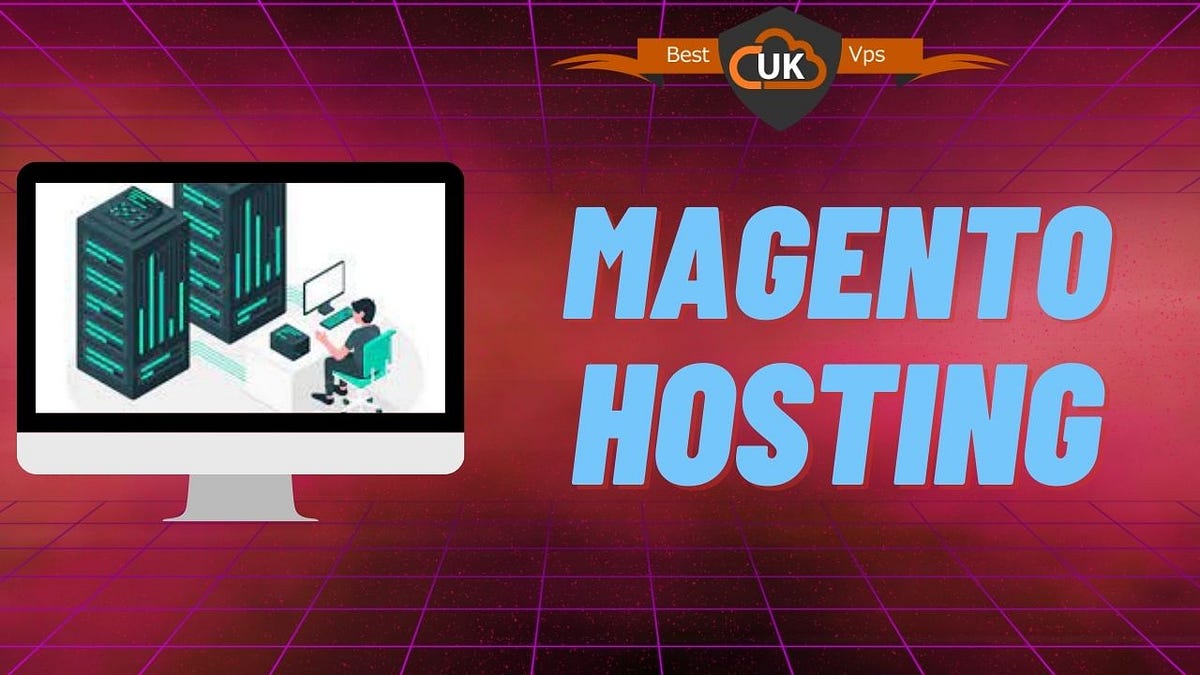Protecting Your Digital Presence: A Comprehensive Guide to Domain Privacy
In the ever-expanding digital landscape, owning a domain is a crucial step for businesses, entrepreneurs, and individuals aiming to establish their online identity. However, many domain owners overlook the importance of safeguarding their personal information tied to their domain registration. This is where domain privacy becomes essential. In this article, we will explore what domain privacy is, why it matters, how it works, and the steps you can take to ensure your information is protected.
What Is Domain Privacy?
Domain-privacy, also known as WHOIS privacy protection, is a service offered by domain registrars that shields your personal information from being publicly displayed in the WHOIS database. Whenever you register a domain, your name, address, phone number, and email address are typically recorded in the WHOIS database, which is accessible to anyone.
Without domain privacy, this sensitive information is exposed to:
- Spammers
- Hackers
- Identity thieves
- Unwanted solicitors
By enabling domain privacy, your personal details are replaced with the contact information of your domain registrar or a proxy service, ensuring your identity remains hidden.
Why Is Domain Privacy Important?
1. Prevent Spam and Unsolicited Emails
When your email address is publicly available in the WHOIS database, it becomes a prime target for spammers. Domain privacy shields your email from unwanted messages, keeping your inbox clutter-free.
2. Protect Against Identity Theft
Exposed personal information can be exploited by cybercriminals for identity theft. With domain privacy, you minimize the risk of your details being misused.
3. Avoid Unwanted Solicitations
Publicly visible WHOIS information can attract marketing agencies or individuals trying to sell you services. Domain privacy ensures you’re not constantly bombarded with unwanted offers.
4. Enhance Online Security
Hackers often use WHOIS data to target domain owners for phishing attacks or social engineering schemes. Domain privacy adds an additional layer of security to protect you from such threats.
5. Maintain Anonymity
For individuals or organizations that value discretion, domain privacy helps maintain anonymity and shields your association with the domain from public scrutiny.
How Does Domain Privacy Work?
When you register a domain, your registrar collects your contact details to comply with ICANN (Internet Corporation for Assigned Names and Numbers) regulations. Without domain privacy, this information is displayed in the public WHOIS database.
With domain privacy enabled:
- The registrar’s contact information or a proxy service replaces your details.
- Emails sent to the proxy address are forwarded to you, ensuring legitimate communication isn’t lost.
- Your real identity and contact details remain confidential.
Steps to Enable Domain Privacy
- Choose a Registrar That Offers Domain Privacy Not all registrars provide domain privacy, and some charge extra fees for this service. When selecting a registrar, check their domain privacy policy and pricing.
- Enable Domain Privacy During Registration Many registrars offer the option to add domain privacy during the domain registration process. Simply check the relevant box or select the add-on.
- Add Domain Privacy to Existing Domains If you already own a domain, you can often enable domain privacy through your registrar’s dashboard. This may involve paying a small annual fee.
- Monitor Your Domain’s WHOIS Information Periodically check your domain’s WHOIS record to ensure your personal information isn’t accidentally exposed.
Common Myths About Domain Privacy
1. Domain Privacy Is Expensive
While some registrars charge for domain privacy, the cost is typically minimal compared to the security and peace of mind it provides. Additionally, some registrars offer free domain privacy as part of their services.
2. It’s Only for Businesses
Domain privacy is beneficial for everyone, not just businesses. Individuals who own personal blogs, portfolio websites, or hobby sites can also benefit from keeping their information private.
3. Domain Privacy Affects SEO
Some believe that hiding WHOIS information may negatively impact SEO rankings. However, domain privacy has no direct impact on SEO, as search engines focus on website content and user experience.
4. It’s Not Necessary for Small Websites
Even if your website has minimal traffic, your WHOIS information can still be accessed and misused. Domain privacy is a valuable investment for websites of all sizes.
The Risks of Not Having Domain Privacy
Without domain privacy, you’re leaving yourself vulnerable to:
- Data Breaches: Cybercriminals can exploit your information for malicious purposes.
- Domain Hijacking: Hackers may use your exposed details to gain unauthorized access to your domain.
- Reputation Damage: Publicly visible contact details can lead to harassment or unwanted scrutiny.
Is Domain Privacy Right for You?
Whether you’re an entrepreneur, a freelancer, or a hobbyist, domain privacy is an essential service for safeguarding your online presence. It’s particularly crucial if:
- You value your privacy.
- You’re concerned about spam and cyber threats.
- You’re managing sensitive or controversial content.
Choosing the Right Domain Registrar
When selecting a domain registrar, consider:
- Domain Privacy Costs: Look for registrars that offer free or affordable privacy protection.
- Customer Support: Ensure the registrar provides reliable support for any issues related to domain privacy.
- Reputation: Opt for a registrar with a strong track record in security and customer satisfaction.
Popular domain registrars offering domain privacy include:
- Namecheap
- GoDaddy
- Google Domains
- Bluehost
Final Thoughts on Domain Privacy
In an age where privacy and security are paramount, domain privacy is no longer an optional add-on but a necessity. By enabling domain-privacy, you’re not only protecting your personal information but also enhancing your online security and peace of mind.
Don’t leave your digital presence vulnerable. Take proactive steps to secure your domain and safeguard your online identity today.
- What is domain privacy protection?
- Importance of WHOIS privacy
- How to enable domain privacy for my website
- Domain privacy for small businesses
- Affordable domain privacy services
- Benefits of domain privacy for website owners
- Domain privacy and online security
- Risks of not having domain privacy
- Domain privacy vs. public WHOIS information
- Choosing the best registrar with free domain privacy













